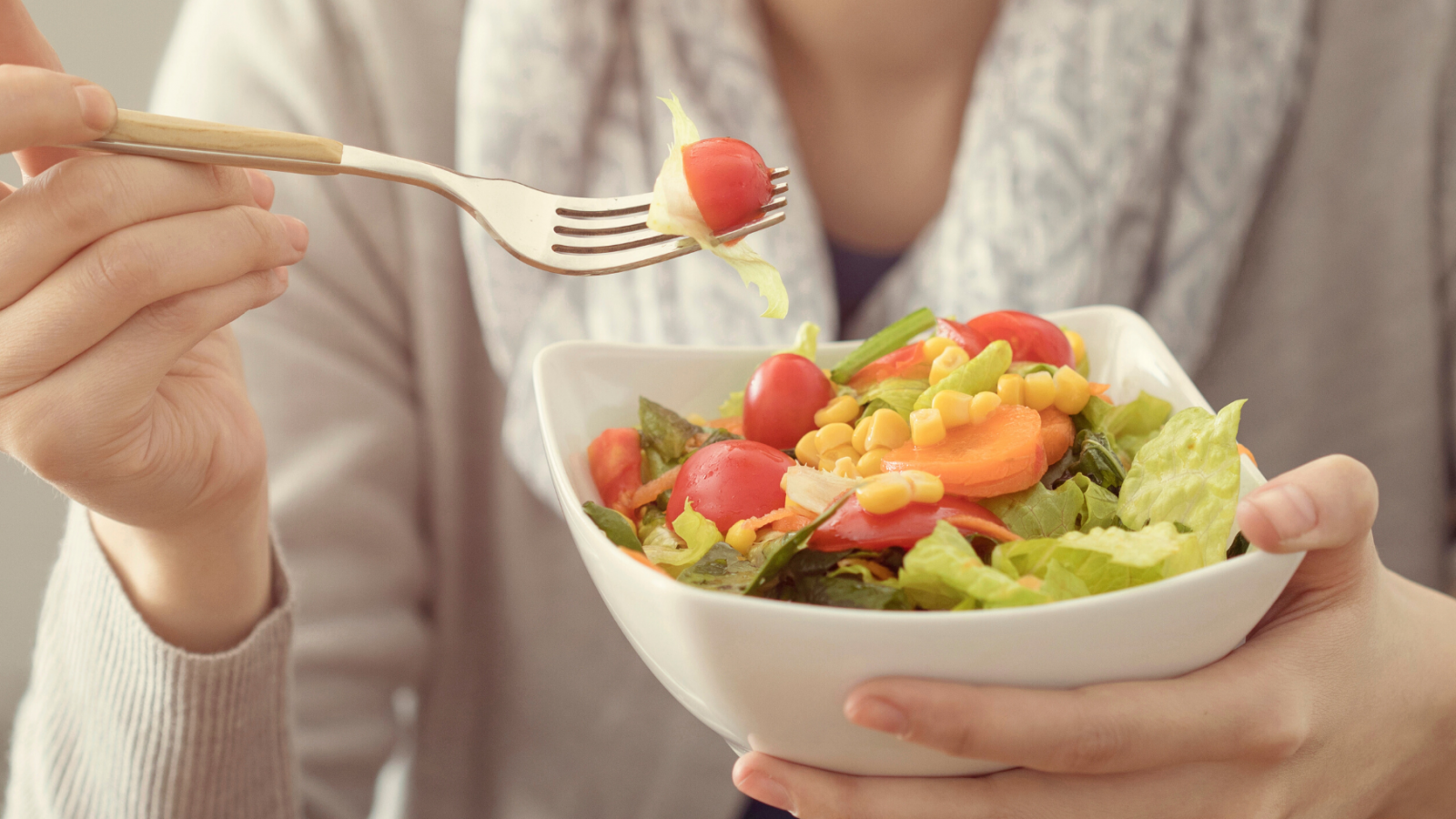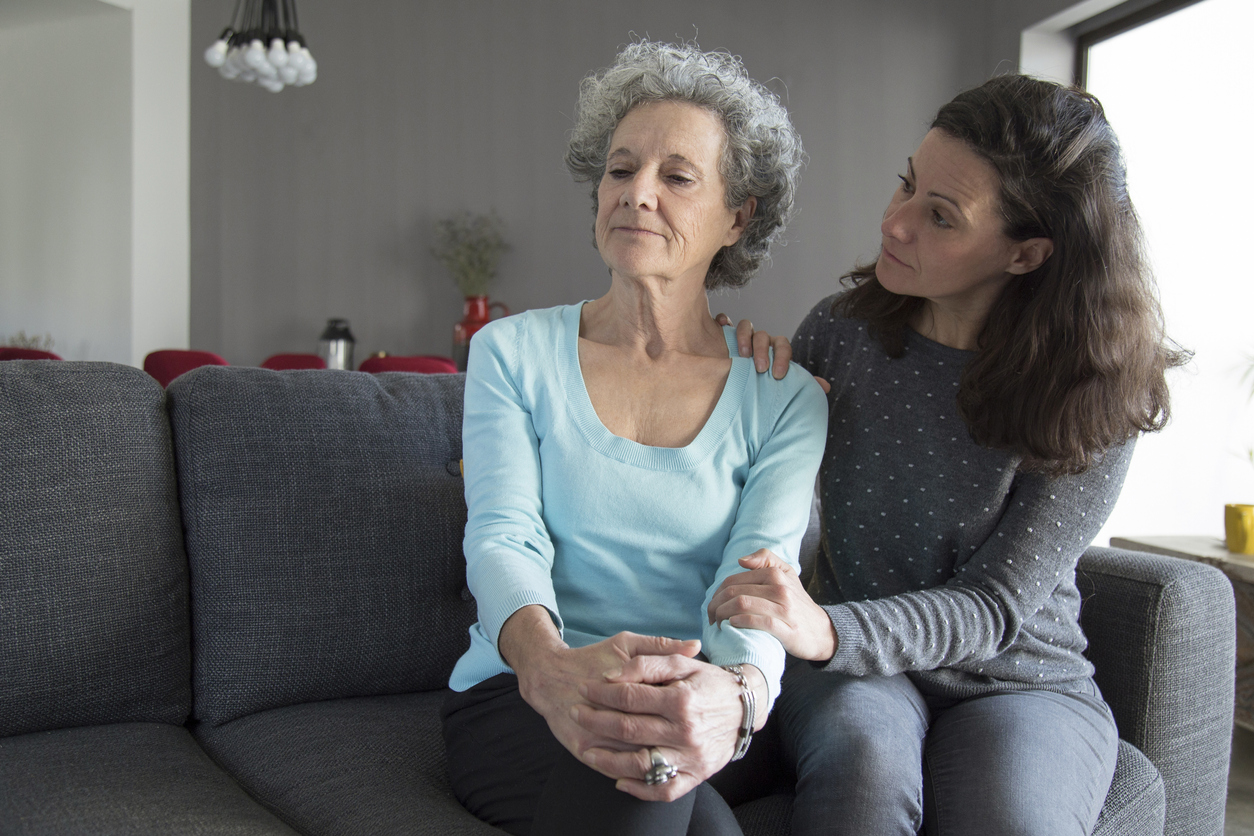Food safety

All of us can get sick if we eat unsafe food but some of us are more at risk than others. People most at risk are people having cancer treatment, people recovering from treatment or transplants or those on high-dose steroids.
Safe food principles can reduce your risk of getting food poisoning.
Food safety tips
- Wash your hands before and after you handle any food.
- Never eat any vegetable, fruit or bread that has signs of mould.
- Take special care when handling raw meats, fish, poultry and eggs.
- Wash all raw fruits and vegetables well. Avoid them if they cannot be washed well.
- Avoid tinned food if there are any bulges on the tin.
- Store raw meats and ready-to-eat foods separately.
- Thaw meat in the fridge and not on the kitchen counter.
- Don’t eat foods that have been left out for longer than 90 minutes at room temperature.
- Check use-by dates on all foods and drinks. Don't eat foods or drinks that are out of date.
- Keep kitchen surfaces and utensils clean and wash chopping boards in warm soapy water after use.
- Clean your fridge and cupboards often. Get help from a family member or friend if you have no energy for cleaning.
- If you’re feeling ill, don’t prepare food for other people.
If your white blood cell count is low...
Some patients may have a low white cell count due to their cancer or treatment. This is called neutropenia. Neutropenia can mean your immune system doesn’t work as well to fight off infections like food poisoning.
It is best to avoid the following until your white cell count is normal:
- Raw or lightly cooked eggs
- Raw, smoked or rare meat and fish
- All open foods from a delicatessen counter
- Unpasteurised milk and dairy products. For example, any cheese, milk, yogurt that has not been pasteurised. Cheeses like brie, camembert, feta, stilton, roquefort are often unpasteurised
- Pâté
- Undercooked shellfish
- Homemade mayonnaise
- Probiotic, live or bio dairy products such as live yogurts and probiotic drinks, as they contain live bacteria
It is fine to eat the ‘safer’ versions of these foods. For example:
- Well-cooked eggs, meat and shellfish
- Pasteurised milk, cheese and yogurt
- Shop-bought mayonnaise
- Pre-packaged deli items from the chilled shelves, such as coleslaw and sliced meats
If you have a very low white blood cell count (severe neutropenia) you may be advised to follow stricter guidelines and avoid a greater range of foods. Your medical team can give you advice about this.

Ask your nurse about how to check your temperature and what to do if you feel unwell or have a high temperature. They will give you a number to call and tell you when you need to contact them.
For more information
Phone
1800 200 700



